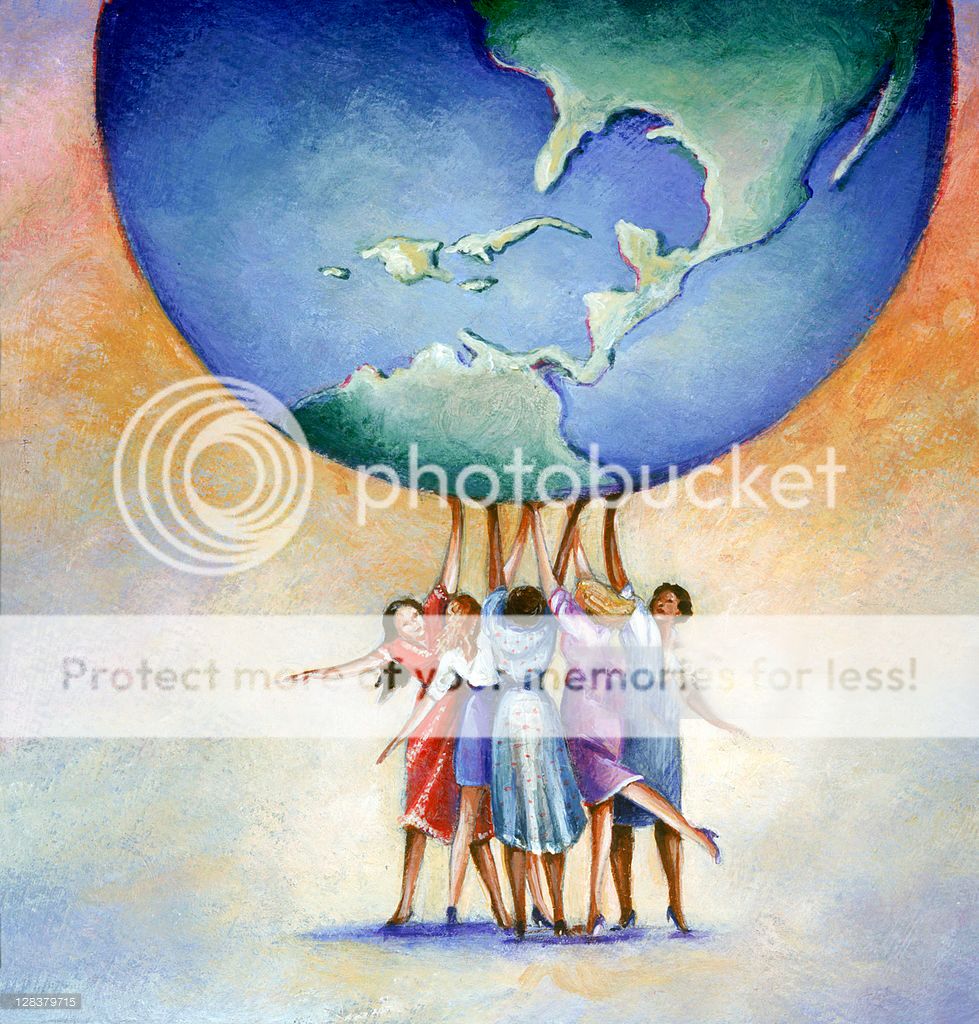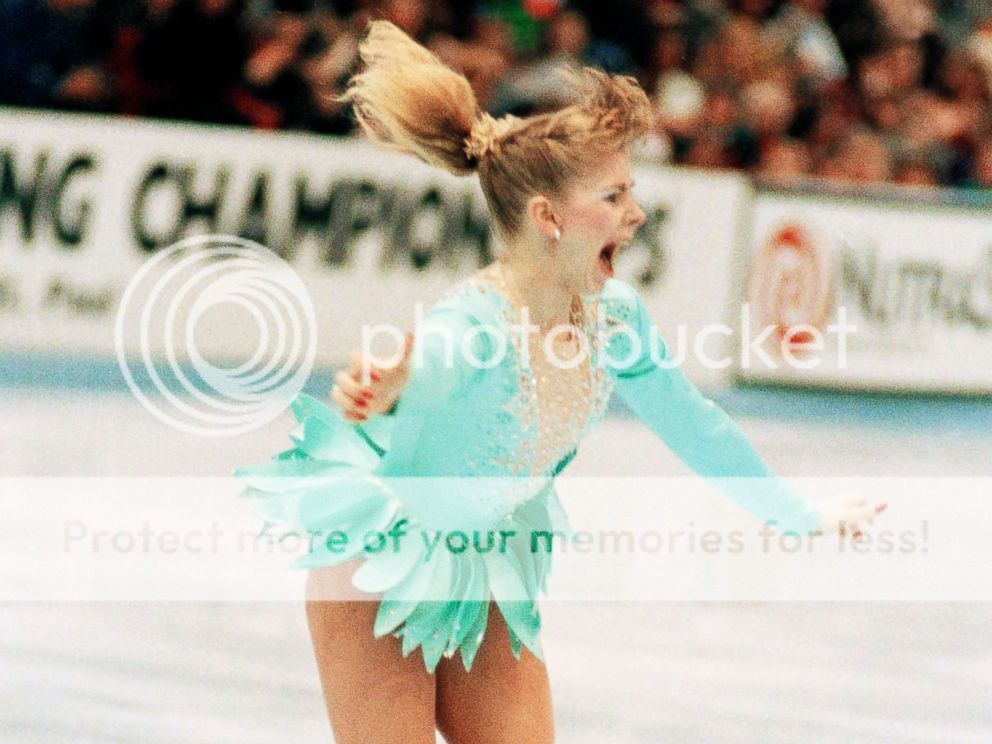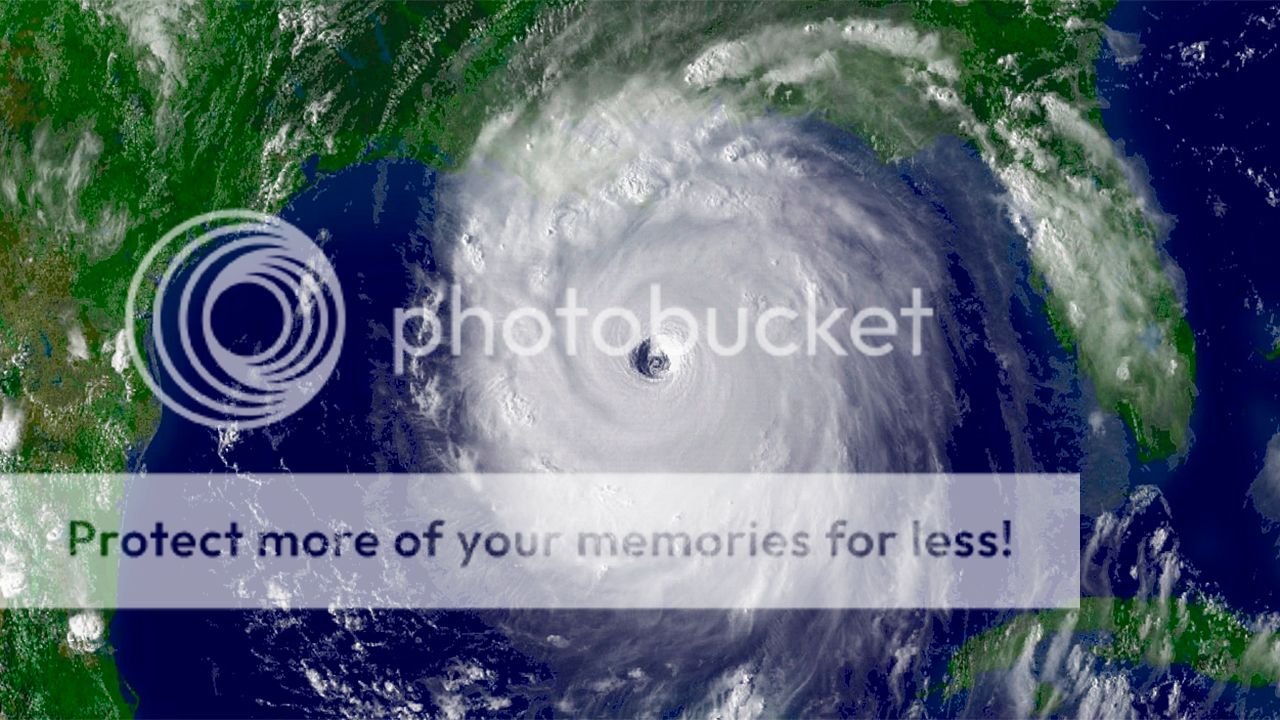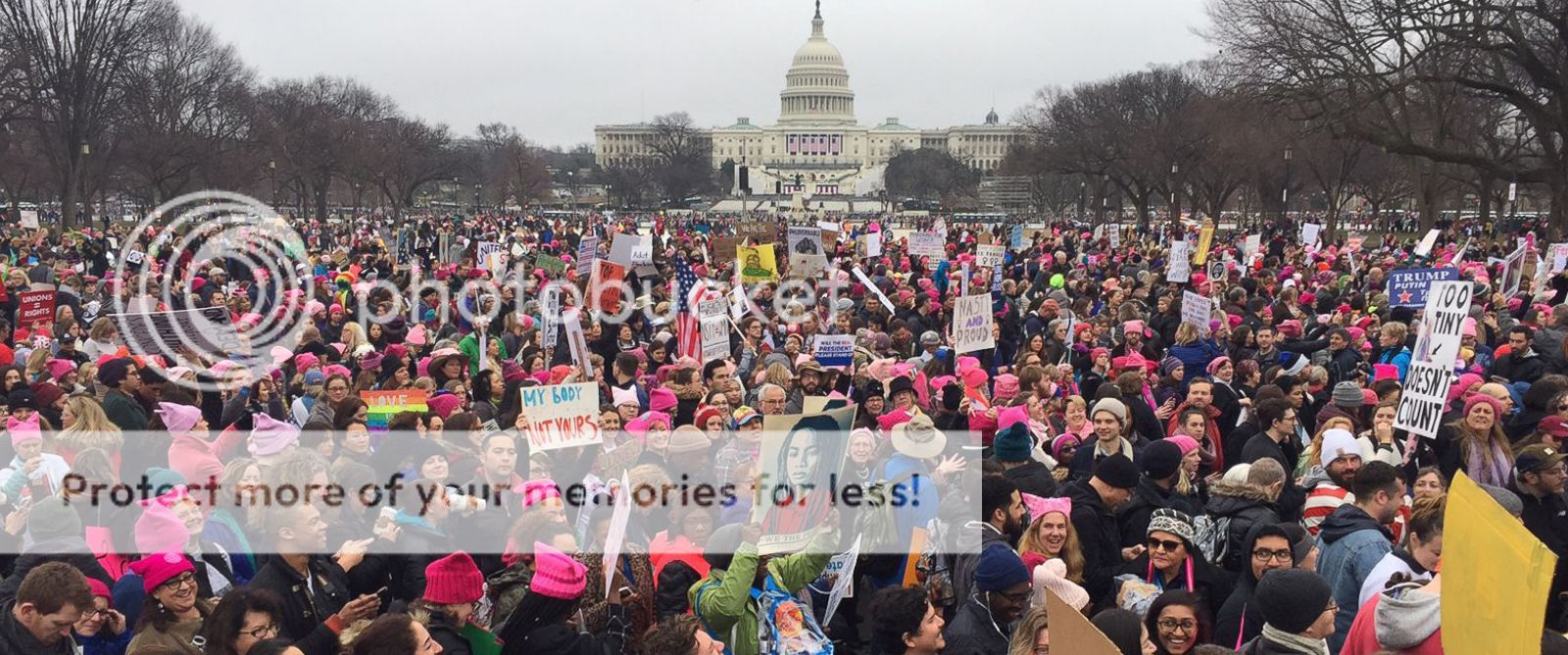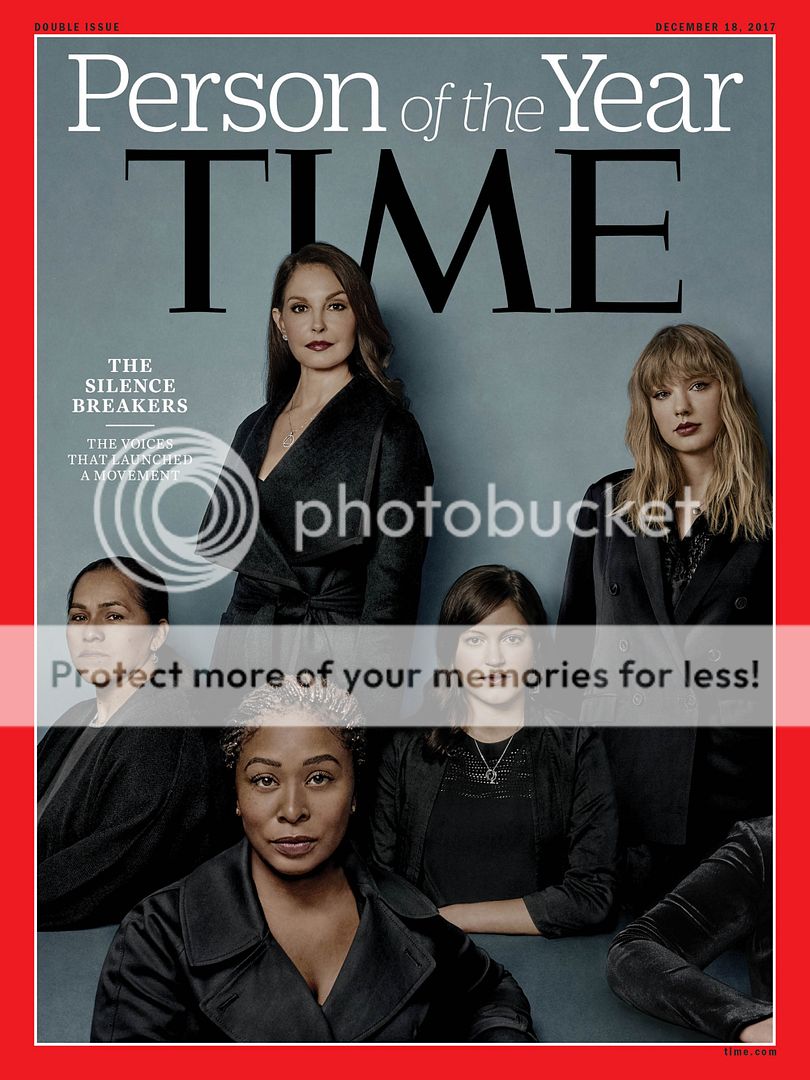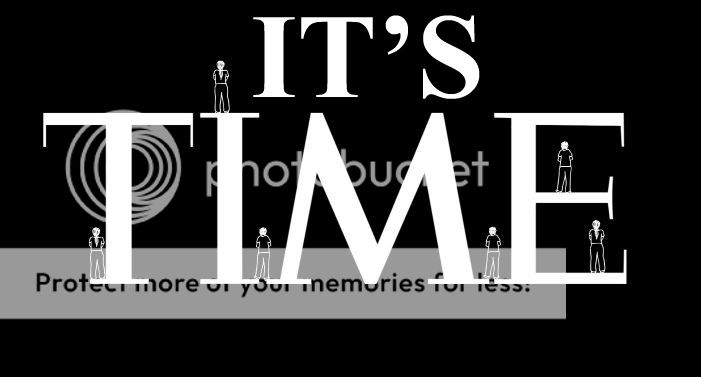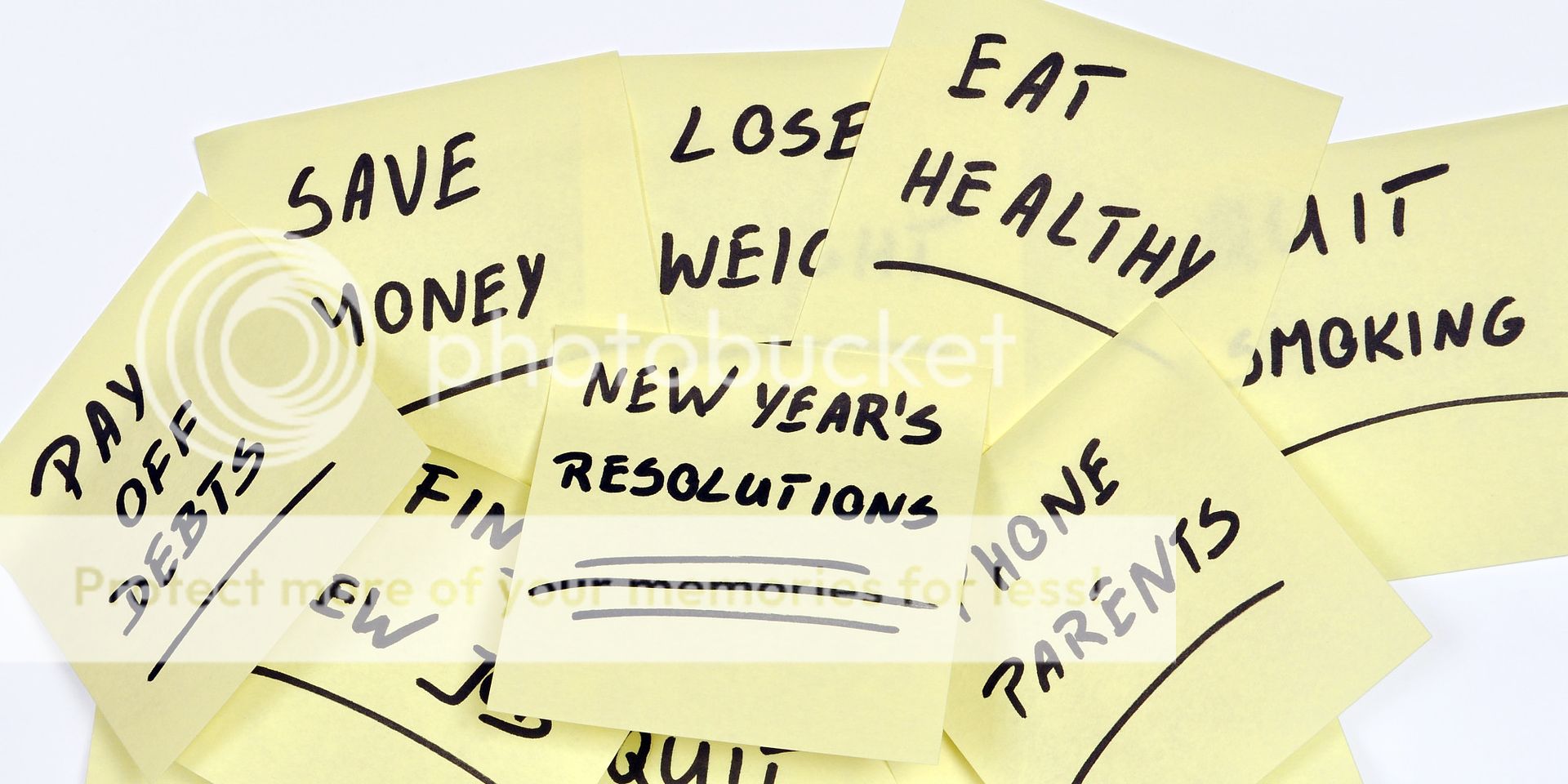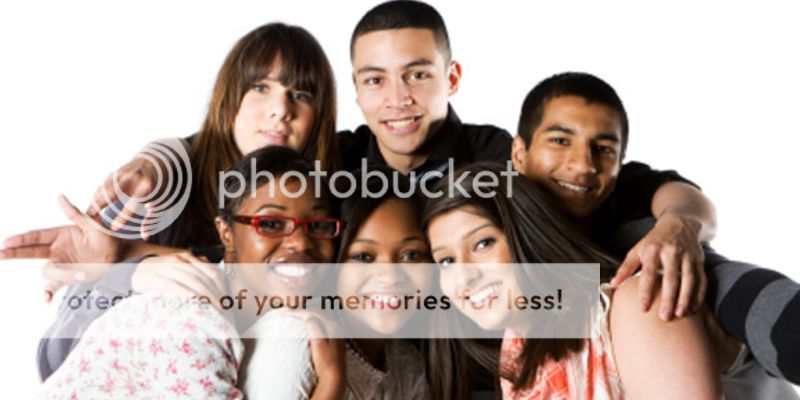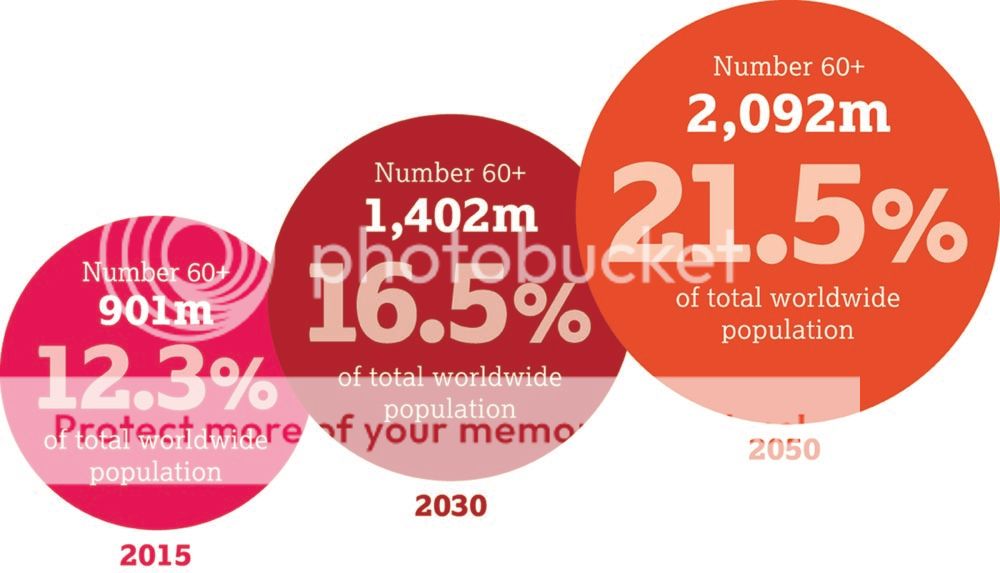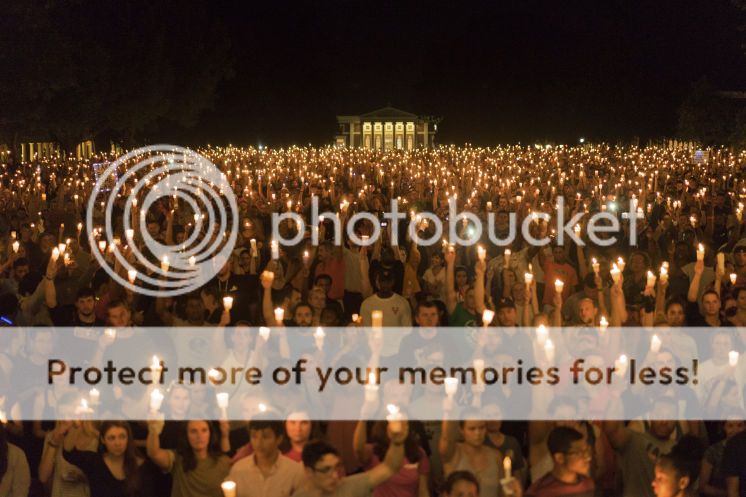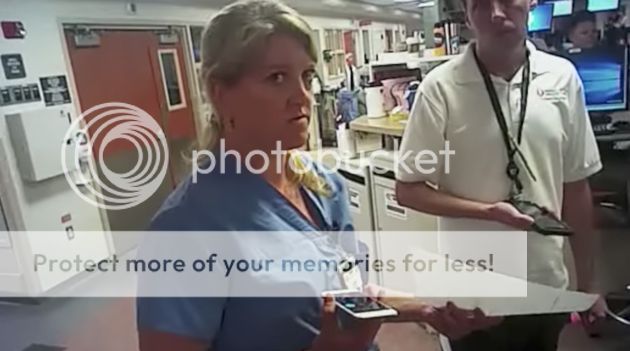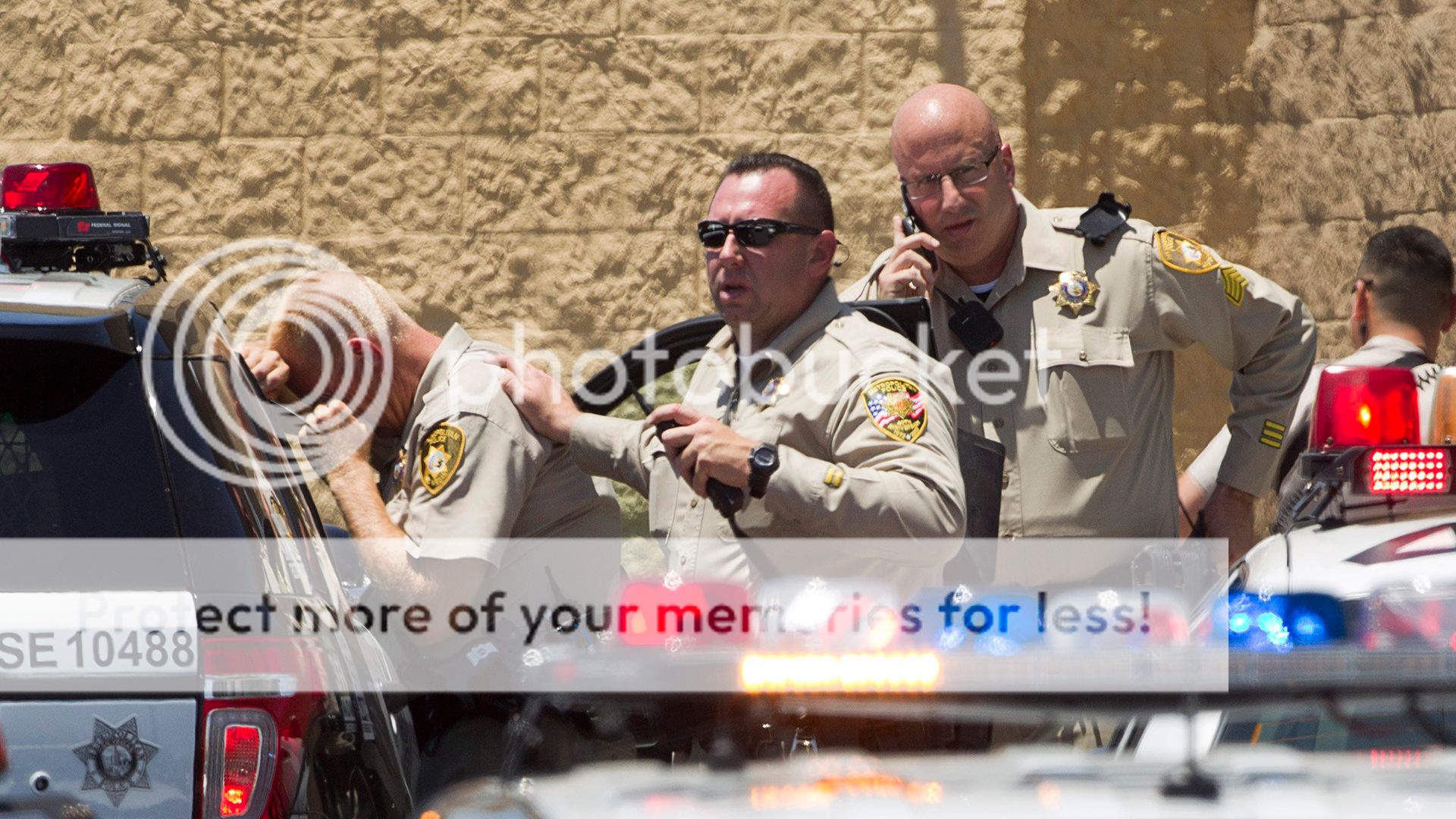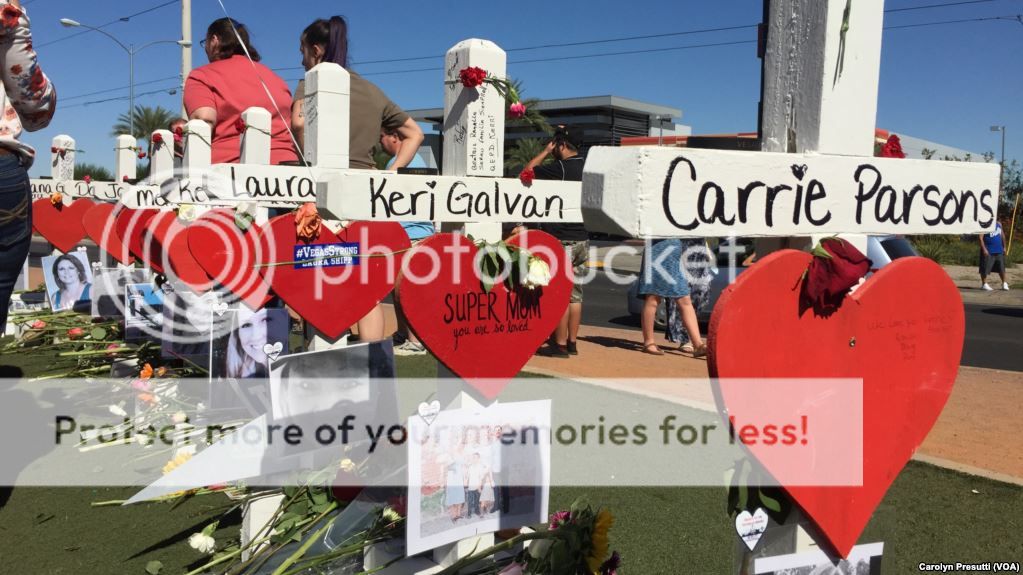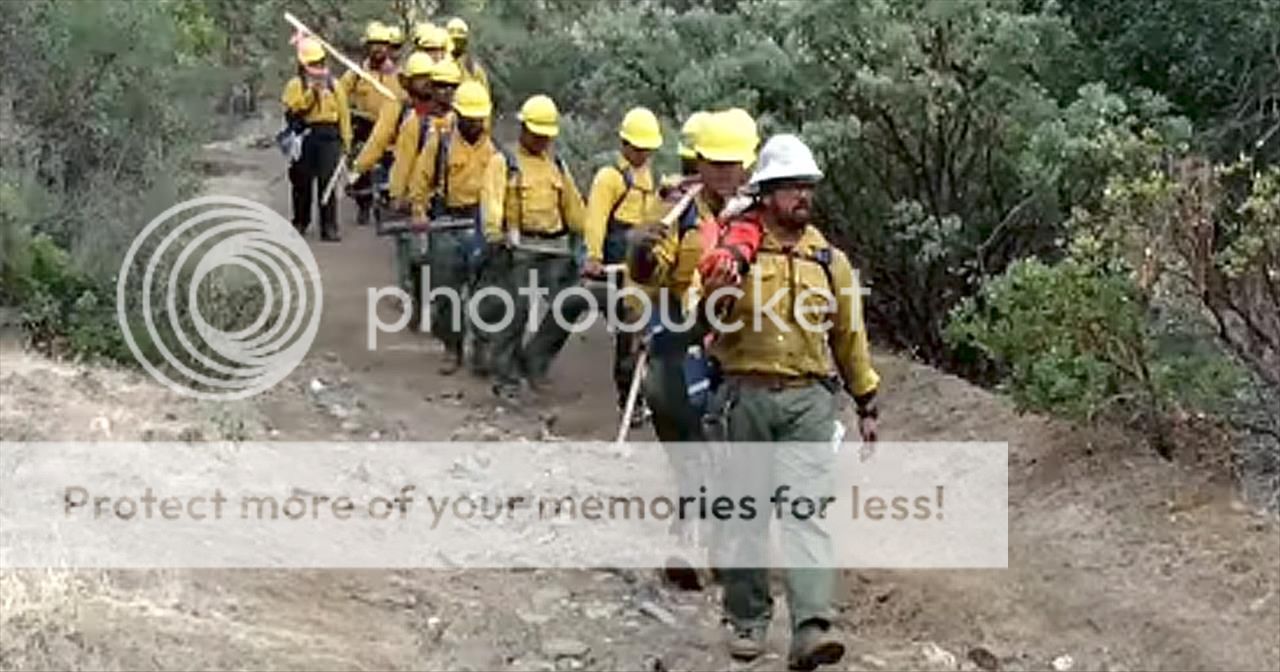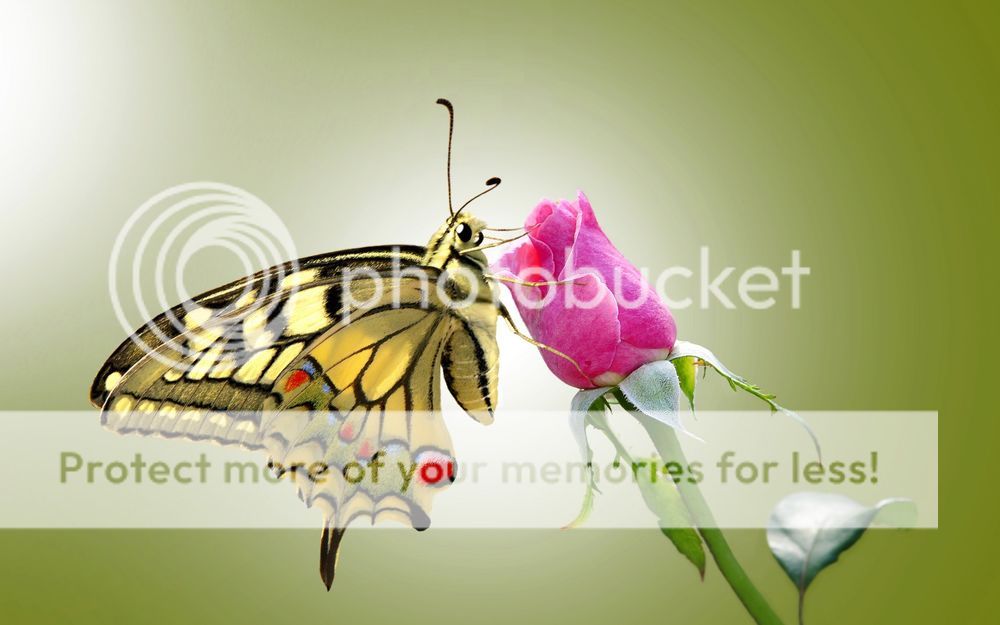This journal is not about an unpopular election though it starts that way. It's not about who's on
the right or the left. It's actually about the
aftermath of an election twelve months ago and the ensuing chaos that resulted. It's a story of what was done to deal with the chaos consuming the external world and what we did to soothe our inner lives for the next 12 months.
A year ago the unthinkable happened. Fed up with politics as usual, a man without qualifications, a man demeaned in the media, a man said to be unelectable, and a man who appealed to the darkest and most unkind parts of our collective nature got elected. On November 7th we woke up to an unrecognizable normal. The world had turned upside down.
Half of the country was ecstatic. The other half was overcome by shock and disbelief. Surely, it was a big mistake. But as the days wore on the second group realized there was no mistake. Soon they were entombed in the five stages of grief beginning with denial. They reasoned, maybe the vile days of the campaign were over and sanity would be restored. When that hope
was rebuffed, they became enraged. Plans were made for massive marches on Washington or on congressional offices.
Some, holding to the spirit of reconciliation, decided to find out who the voters were. They went out to meet them in their homes and listen to what they said. They drove to the heartland and to cities between the two liberal coasts. They attempted a bargain, determined to understand exactly what happened on November 6th. Sadly, most of the understanding they sought evaporated as anger again surfaced.
Then depression arrived. It our household it descended like a vise-grip. Seeking solace the TV was turned off. We spent sad days staring into space. We wondered aloud how we'd survive the next four or maybe eight years. We gave up some friends who thought differently to us. The endless clashes of differing beliefs only served to strengthen the bitterness and divide between us.
Big events are inescapable. They happen outside our control. But personal reaction to them is always a choice, especially when the choice is to stand in the heart. It was clear our depressed
state of being could not continue for the foreseeable future. Sitting on the lanai one morning a butterfly landed on a brilliant pink rose and slowly spread its wings for a few minutes before flying off. The yellow of the butterfly, the hot pink rose, the green grass, and the blue skies came together like a living impressionistic painting. It was a vivid reminder that there was still beauty around us and
A Butterfly and A Rose could bring a smile and ease the soul.
Soft feelings of joy welled up from inside. Looking around the trees became intense green and the water on the lake was sparkling. An Osprey glided over the water searching for food. Things weren't so bleak. The natural world, oblivious to election results, proclaimed life goes on. Through that lens of reality one word surfaced slowly. It was Gratitude. No matter what was happening outside, there was always something to be grateful for. There was a choice on how to deal with the chaos around us. That choice was, "
stop wallowing and work with the tools we
teach." And in that moment a daily ritual began.
Using Facebook, a photo with an uplifting message asked friends to comment on something that brought them Gratitude. No one responded at first. But every day The Call to Gratitude went out. Soon, one or two replied, then it began to blossom, affecting many who read it. Comments were posted from friends and then friends of friends. No one posted that they won the lottery. Yet most reached down deep and found some small thing they were grateful for. A call from a grandson was the highlight of one day. Waking up without pain one morning was memorable for one. It wasn't the big things in life that called out Gratitude. Instead small day to day events, like finding a perfect paint color for a living room, were posted. The summons opened the door for individuals who only lurked to realize they too had something to say. Soon, the Gratitude posts spawned others to do the same with their own circle of friends.
The last stage of grief is acceptance. Gratitude as it turns out, is much richer and deeper than
the acceptance of the election. When reminded, everyone searched for something to be grateful for. That practice soothed their own stages of grief. Many called it their morning medicine. A year later it's grown from a personal practice to a movement.
This month is the national holiday of Thanksgiving. But the Call to Gratitude practice happens every day. It reminds those who read it to a pause every morning and focus on something to be grateful for. It could be greeting the rising sun, or walking in the rain, or a friendly smile in the grocery store. That daily ritual puts life in perspective and reminds you to paint personal butterflies on roses. Wishing you all endless days of Gratitude for all the small things that bring joy into your life.



